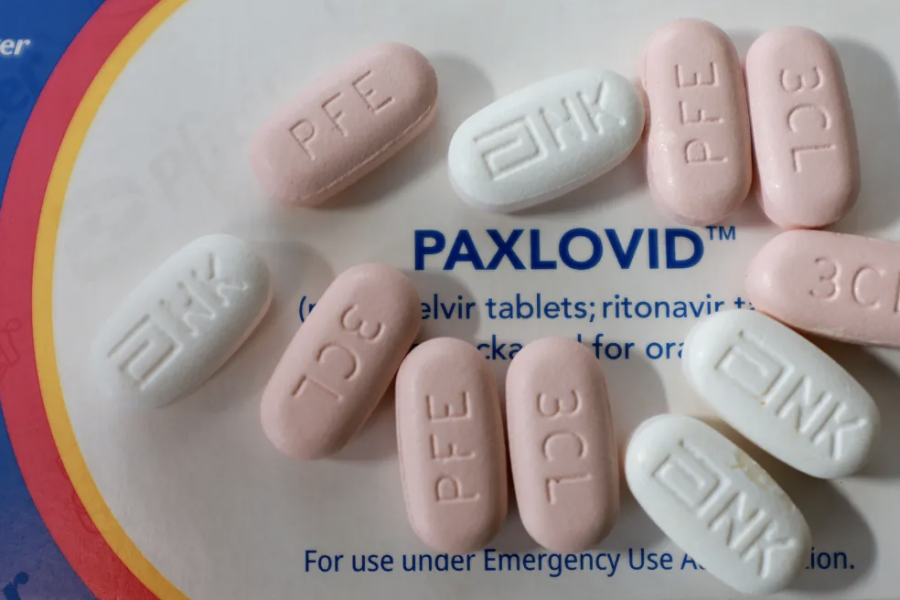Science The COVID-19 remedy’s unpleasant side effect—known as “Paxlovid mouth”—comes from its effects on the tongue’s taste receptors.
Paxlovid can prevent severe illness from COVID-19, but it comes with a price: In many users, the antiviral drug leaves a weird, metallic aftertaste that can last for days—a condition nicknamed “Paxlovid mouth.”
Now, researchers say they’ve figured out why. A component of Paxlovid activates one of the tongue’s bitter taste receptors even at low levels, which may draw out the yuck factor, the team reports this month in Biochemical and Biophysical Research Communications. The work could lead to ways to alleviate the unpleasant side effect.
The study is a “good first step” in teasing apart the mechanism behind Paxlovid mouth, says Alissa Nolden, a sensory scientist at the University of Massachusetts Amherst who was not involved with the research. But she says more work will be needed to truly understand why the metallic taste lingers for so long.
